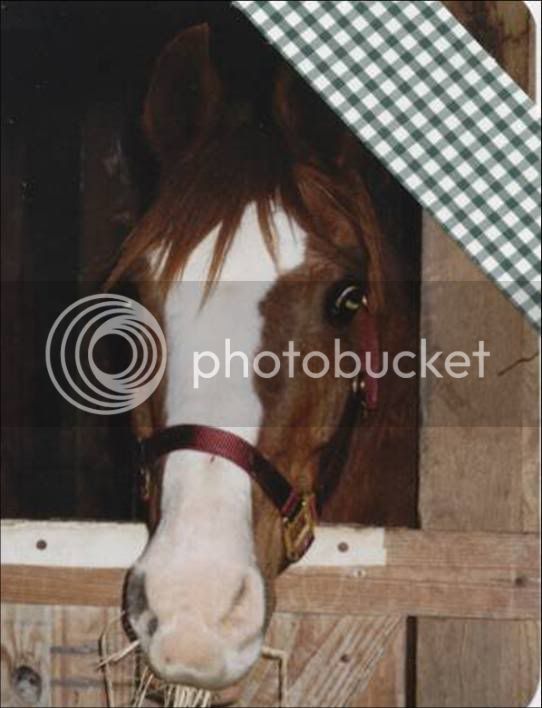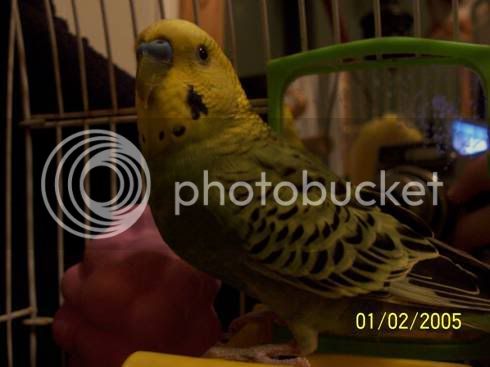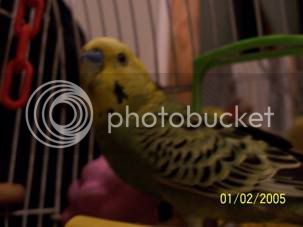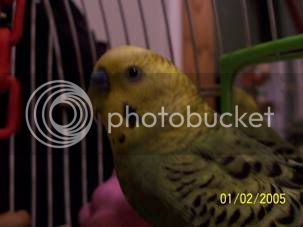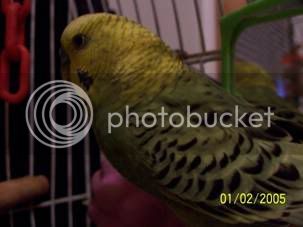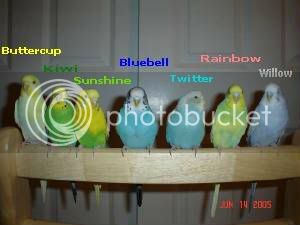Well, it appears they can adapt quite well to life in the great outdoors. Maybehe couldn't fly all that well just because he wasn't in shape, but that can change pretty quick.
Here's a few stories...
A domestic parakeet[/b] escaped[/b] some years ago in Rossendale, Lancashire. It has since developed a relationship with several crows and magpies, having been accepted by them. Interestingly, it no longer feeds itself with its claws, instead using its beak like the other birds. Plus, the other birds' vocabularies have improved immensely, demonstrating a firm grasp of tenses, clauses and modern slang.
Doug, Edinburgh
From Los Angeles to Montreal, London to Madrid, parakeets are moving up the urban pecking order. The wild ancestors of pet store imports, these small parrots are moving into cities throughout North America and Europe. ... The monk parakeet, a native of South America, has proved itself a hardy settler, able to survive the winter freezes of Chicago and Montreal. As many as 150,000 of them are now thought to be living wild in Florida.
for National Geographic News
April 7, 2003
The ..lesson to be learned from Lexie is if your bird escapes, don't stop looking for it! Professional bird trainers will track birds that fly off for days. Do not assume that your bird will be immediately killed, and stop looking for him. The variety and quantity of feral parrots in this country show that they can[/b] survive[/b] in the wild. House pet parrots usually do not have good cardiovascular endurance, and they will tire quickly. Your lost bird probably has not travelled very far. Look all over your neighborhood. Offer neighborhood children a reward if they find your bird. Kids will stop at nothing to make a few bucks, and if all the local kids are looking at once, maybe the bird will be sighted. Parrots can[/b] blend in with trees very well. In the morning and evening, listen for your parrot's call. Often the bird will be very close by, but silent, so you will not see him. Be tireless in your efforts. It will be easier to find your bird if you don't let much time pass.
Lexie: Bird of the Month (The Gabriel Foundation)


















